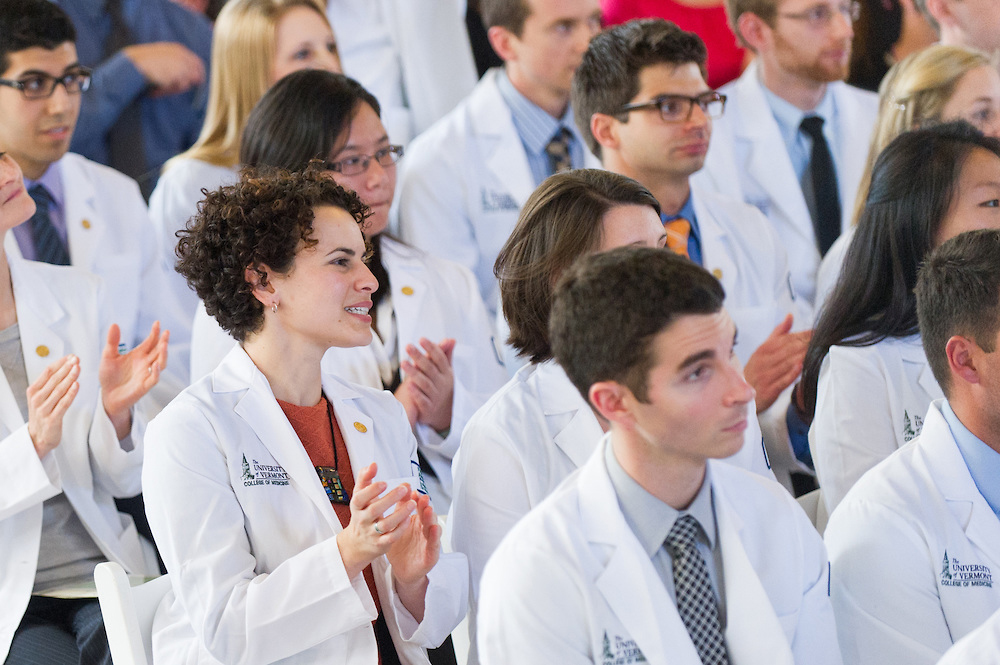The importance of medical research cannot be emphasized enough these days, but it wasn’t always like that. It was only after Abraham Flexner concluded that having medical students or even applicants take part in medical research would improve the quality of medical schools that research became more significant. And for a good reason, because those candidates which take part in research embody all of the qualities a scientist or a physician should have, such as willingness to help others, and curiosity, which stops them from stagnating.
Aside from learning how to do research and write papers themselves, or with the help of a research paper writing service, which will be on their application, they will also gain valuable experience, which won’t go unnoticed by the admissions board.

There was an example of a medical student who didn’t ace her MCAT, but after focusing on doing research for over two years with scientists, and writing numerous papers, she was able to make her way to a large medical symposium in Switzerland, even though she only had a bachelor’s degree. When she finally applied to a medical school, all her mentors wrote glowing letters of recommendation and even called the interviewers to vouch for her, which spoke volumes about her results and work ethic.
After she was accepted, she proved to be a stellar student, graduating at the top of her class, and becoming an equally stellar resident and a physician. This should serve as a guide to all future medical school students. If possible, they should reach out to medical centers and join the research. Fortunately, institutions like Cleveland Clinic and many others make that a possibility.
Students should also take the opportunity to seek out the best mentors and convince them to become a part of their team, even without receiving any money for it. You can determine which mentors are most ready to help by looking at their papers and seeing how often they include their trainees inside the abstracts.
And, you can always turn to your undergraduate professors for assistance. If they are doing research for a project, ask them to participate. If not, they might be able to recommend you to someone who is, perhaps a colleague, or a different school altogether. You may have your name on a paper, or at least a useful learning experience.
Also, there are plenty of schools which value any sort of research experience. It doesn’t just have to be clinical research experience. Things such as basic science and humanities research are equally acceptable. As long as your research is backed up by proper data and you demonstrate your passion for the subject, the interviewers won’t be able to say no to your application.
Taking part in medical research in any way is one of the most efficient ways to separate yourself from the crowd and stand out. The sooner you start, the better. The longer you take part in it, the higher your advantage will be once the time comes to apply to a medical school.
It is entirely up to decide to work inside a research team for a few hours every week for a couple of years, or to be a part of one for years. One thing is for sure, though: it is a way toward success.
